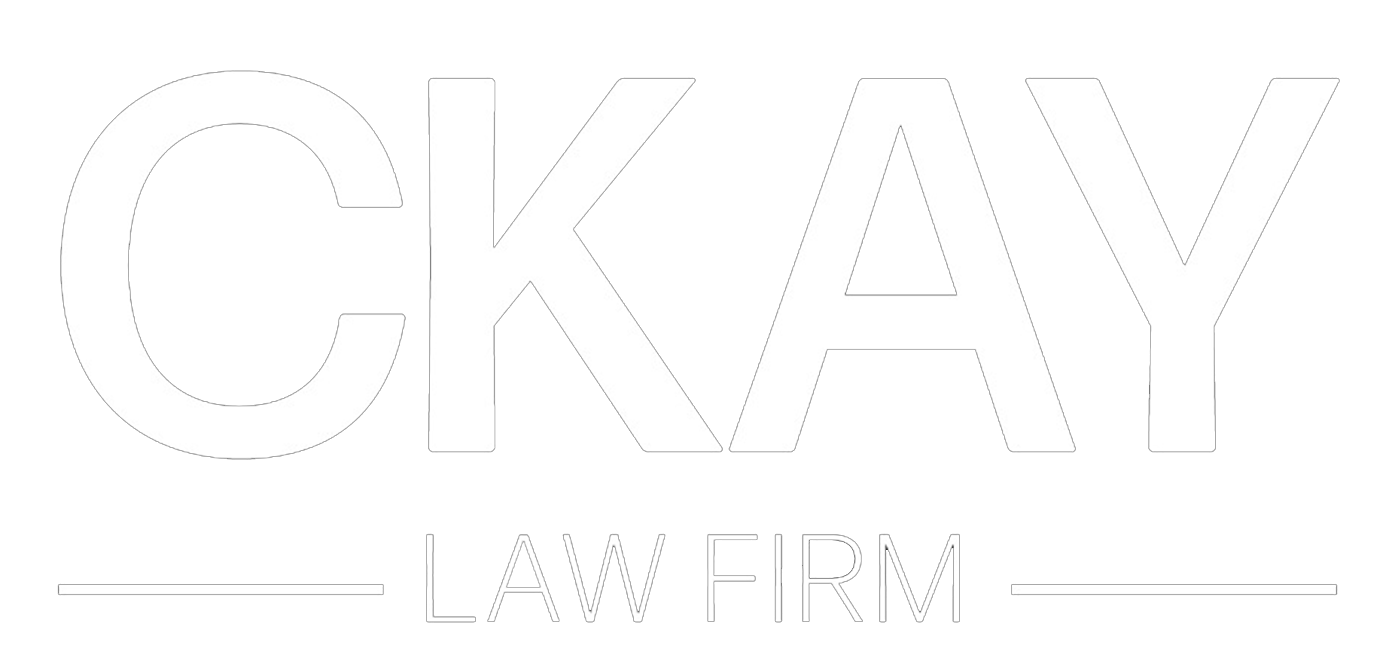
Explore key aspects of General Assembly meetings in Turkish JSCs, including legal requirements, quorums, and Ministry representation under The TCC.
The General Assembly, regulated in Article 407 and subsequent articles of the Turkish Commercial Code (TCC), is one of the fundamental organs of Joint-stock Companies (JSC). This assembly serves as the company’s supreme board and convenes with the participation of shareholders.
At least one board member must be present at each General Assembly meeting, where important matters such as the election of board members, annual activity reports, and the accuracy of company accounts are discussed. The decisions taken are binding for all organs and shareholders.
General Assembly meetings are held in two forms: ordinary and extraordinary. According to Article 409 of the Turkish Commercial Code, ordinary General Assembly meetings must be held within three months from the end of the activity period.
Companies with calendar year-based accounting periods hold their annual meetings in the first three months of the year, while companies with special accounting periods hold them within the first three months following the end of their period.
Extraordinary General Assembly meetings can be held in mandatory and urgent situations. These meetings are organized to fulfill a predetermined purpose, and the agenda is set accordingly.
General Assembly meetings are typically convened by invitation, following the procedure outlined in Article 414 of the Turkish Commercial Code. The Board of Directors (BoD) must announce the invitation at least two weeks in advance on the company’s website and in the Turkish Trade Registry Gazette.
However, if all shareholders or their representatives are present and there are no objections, General Assembly meetings can also be held without following the invitation procedure. In this case, the decisions taken are valid only if the participants do not leave the meeting.
For General Assembly meetings to occur, a certain participation rate, known as the meeting quorum, must be reached. The meeting quorum corresponds to at least one-quarter of the company’s capital, representing the majority vote of shareholders or their representatives at the General Assembly meeting. If this quorum is not reached, the General Assembly meeting is postponed to a second meeting.
Under certain conditions, especially when matters such as capital increase, capital decrease, merger, or division are on the agenda, the presence of a Ministry Representative may be required in General Assembly meetings.
The Articles of Association (AoA) is the main contract of Joint-stock Companies and is binding for all partners and shareholders. Amending the Articles of Association falls within the authority of the General Assembly, and certain meeting quorums must be observed for these amendments.
Convening of The General Assembly Without Invitation
General Assembly meetings can be held without following the invitation procedure if all shareholders or their representatives are present and there are no objections. Decisions taken in this manner are valid if the participants do not leave the meeting. Otherwise, decisions taken with insufficient participation will be null and void.
Meeting Quorum
According to the Turkish Commercial Code, a certain number of participants is required for General Assembly meetings. This is called the meeting quorum. In Joint-stock Companies, the General Assembly meeting quorum is, except in exceptional cases, the presence of shareholders or their representatives owning at least one-quarter of the company’s capital. If this quorum is not reached, the meeting is postponed to a second meeting as per Article 418/1 of the Turkish Commercial Code.
The decision quorum required for the decisions’ validity is the majority vote of the shareholders or their representatives attending the General Assembly meeting. Decisions that do not comply with this quorum will not be valid.
All decisions taken in compliance with the quorums are valid for everyone, whether they attend the meeting or not and whether they vote in favor or not. If the quorums are unmet, shareholders and representatives reserve the right to object. All decisions taken during the meeting are recorded in the minutes and subsequently registered and announced.
The table regarding meeting and decision quorums is as follows. The meeting and decision quorums may vary depending on the agenda to be determined at the General Assembly.
| Meeting and Decision Quorums in JSCs | |||
|---|---|---|---|
| Meeting Quorum | Decision Quorum | ||
| 1st | 2nd | ||
| General Assembly (TCC Art. 418) | 1/4* | No quorum is required. | The majority of those present at the meeting. |
| Articles of Association amendments (TCC Art. 421/1) | 1/2* | 1/3 | The majority of those present at the meeting. |
| General assembly in liquidation (TCC Art. 546/3) | 1/4 | No quorum is required. | The majority of those present at the meeting. |
Presence of Ministry Representative at The Meeting
The Ministry representative supervises the conduct of the General Assembly meeting per the legislation and approves the meeting minutes.
The participation of the Ministry representative in the General Assembly meeting is particularly important in public companies. The representative ensures that the meeting is conducted properly, decisions are taken per the legal framework, and the process of informing shareholders is transparent.
This helps prevent potential legal disputes and protects the company’s and shareholders’ rights. Moreover, the presence of the Ministry representative assures shareholders that there will be increased participation and interest in the meeting.
A ministry representative may also be required to attend General Assembly meetings of non-public companies. This requirement arises especially within the framework of certain legal and administrative situations. These situations are determined by the company’s structure, capital status, or special legislative provisions, aiming to ensure that companies operate under legal regulations.
Firstly, the presence of a Ministry representative at the General Assembly meeting is mandatory when Joint-stock Companies have a certain capital size. A Ministry representative may also be requested due to special provisions in the Articles of Association. These regulations ensure internal auditing and accountability.
Another situation arises when the company needs to make important decisions such as restructuring, merger, or division. As these decisions directly affect the company’s future, they are legally required to be made under the supervision of a ministry representative.
Also Read: The Complete Guide to Establishing a Company in Turkey.


